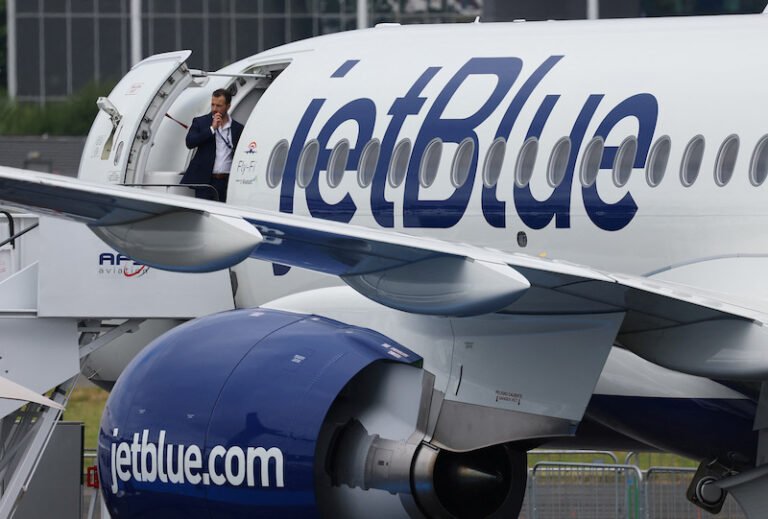JetBlue Adopts Fuel-Saving Technology to Cut Emissions
JetBlue has made a significant advance in its sustainability initiatives with the adoption of SkyBreathe MyFuelCoach, a new application designed to help pilots optimize fuel consumption through performance analysis. This tool enables flight crews to refine their fuel usage on a flight-by-flight basis, contributing to reduced emissions.
Leading the Way in the U.S.
As the first American airline to incorporate the SkyBreathe MyFuelCoach system, JetBlue is pioneering its implementation in the United States, joining over 75 international carriers using the technology. JetBlue’s System Chief Pilot, Chris Lum, notes the importance of this tool, stating that small efficiencies can lead to substantial savings. The application provides pilots with performance data and suggestions for future fuel-saving practices, supporting JetBlue’s JetForward strategy for economic stability and lower emissions.
An Extensive Tool with Broader Capabilities
SkyBreathe offers additional modules beyond MyFuelCoach, including the SkyBreathe 360 dashboard. This feature aids airlines in identifying operational trends that can enhance sustainability. With almost 5,000 flights scheduled this week, JetBlue has the capacity to gather substantial data to optimize procedures such as taxi operations and scheduling to avoid congestion and save fuel.
Current JetBlue Operations per Cirium
| Day | Scheduled Flights |
|---|---|
| Monday | 762 |
| Tuesday | 593 |
| Wednesday | 602 |
| Thursday | 766 |
| Friday | 776 |
| Saturday | 671 |
| Sunday | 780 |
Positive Outcomes from SkyBreathe
JetBlue has consistently targeted sustainability enhancements, initially declaring a goal of becoming the first carbon-neutral U.S. airline in 2020. Despite disruptions like COVID-19, JetBlue continued its initiatives by receiving regular supplies of Sustainable Aviation Fuel (SAF) at New York JFK earlier this year. The partnership with SkyBreathe has already been beneficial, allowing JetBlue to save an additional 73,000 gallons of fuel monthly by leveraging flight data, which also reduces over 700 tons of CO2 annually.

